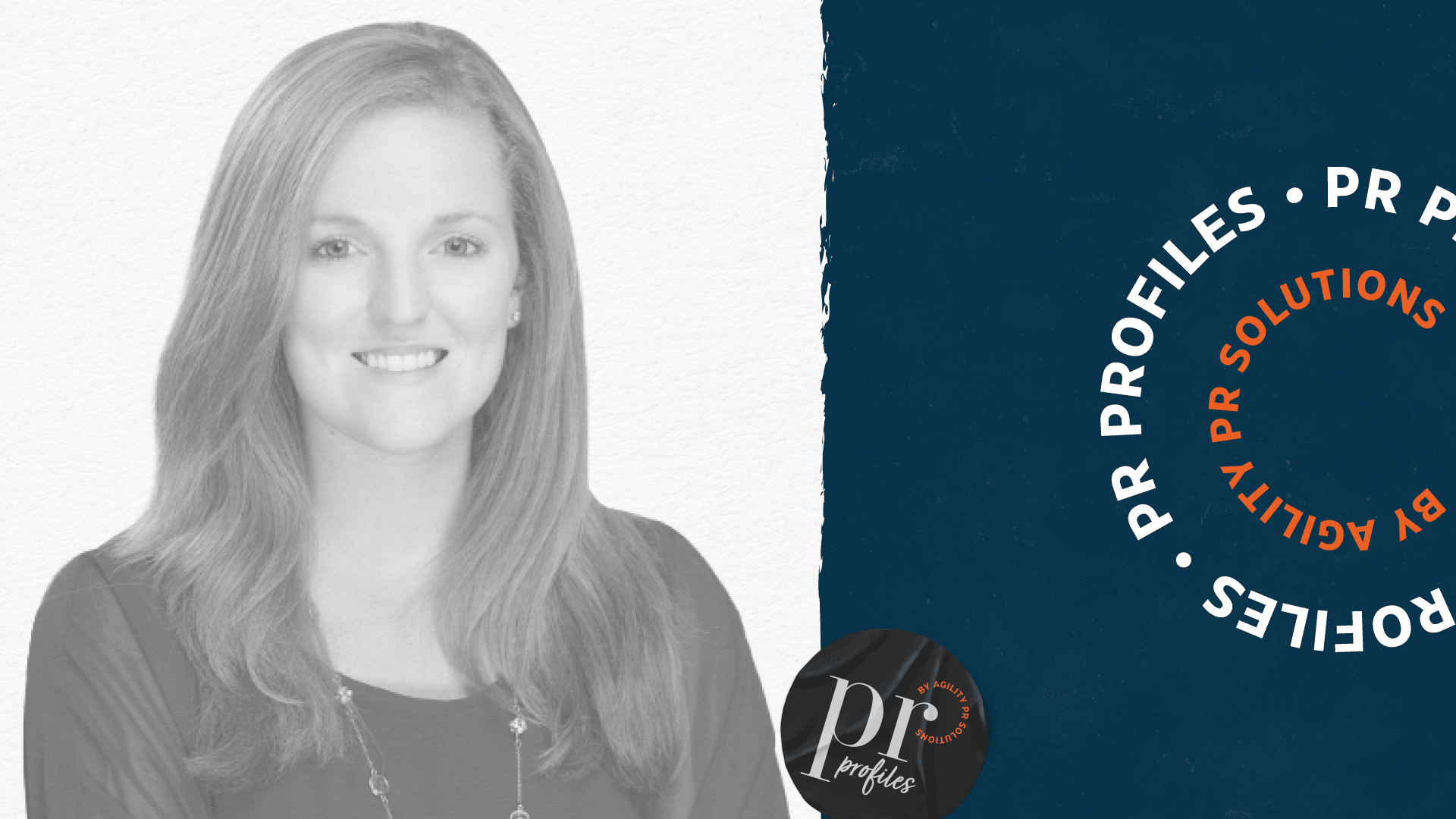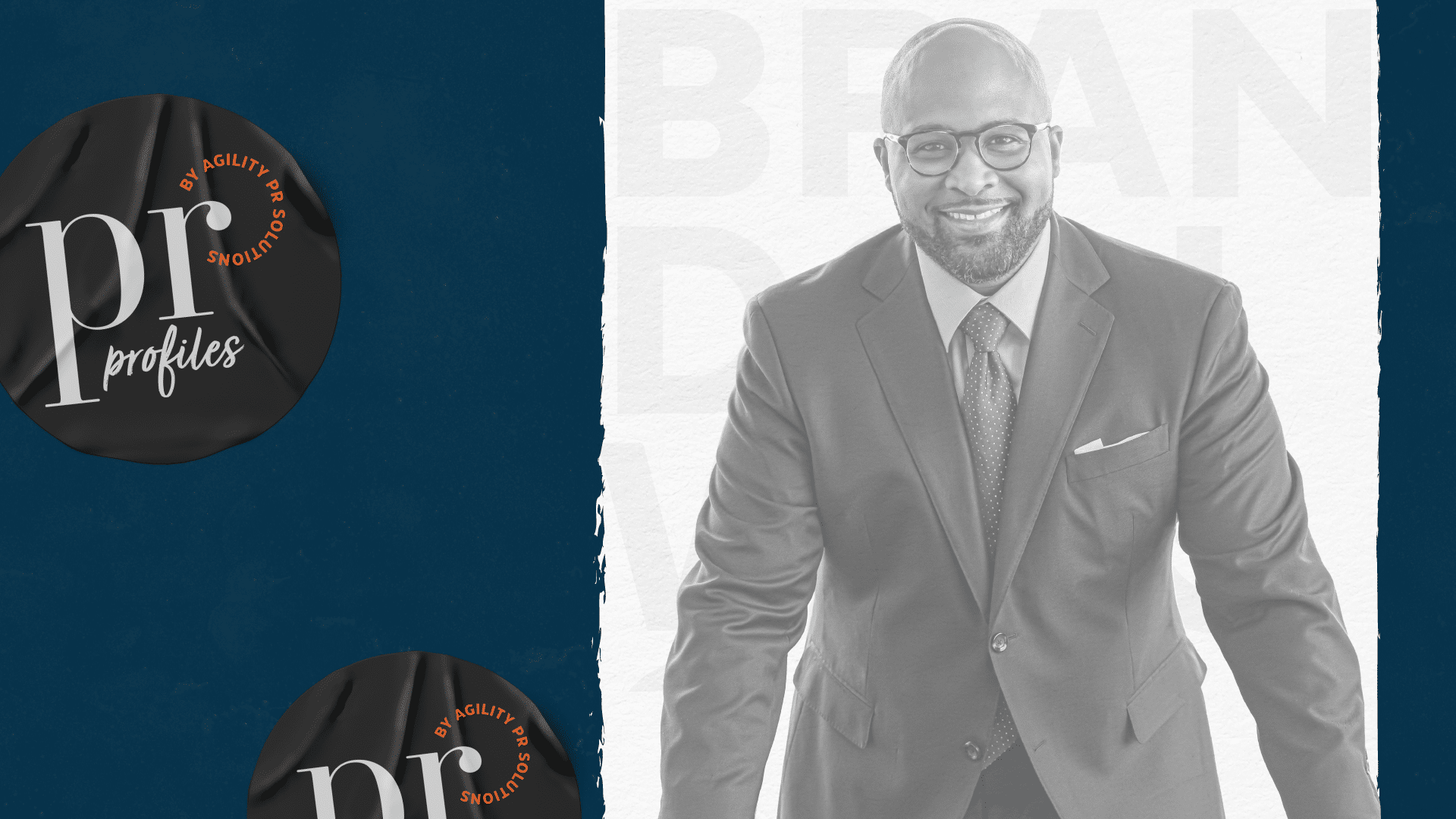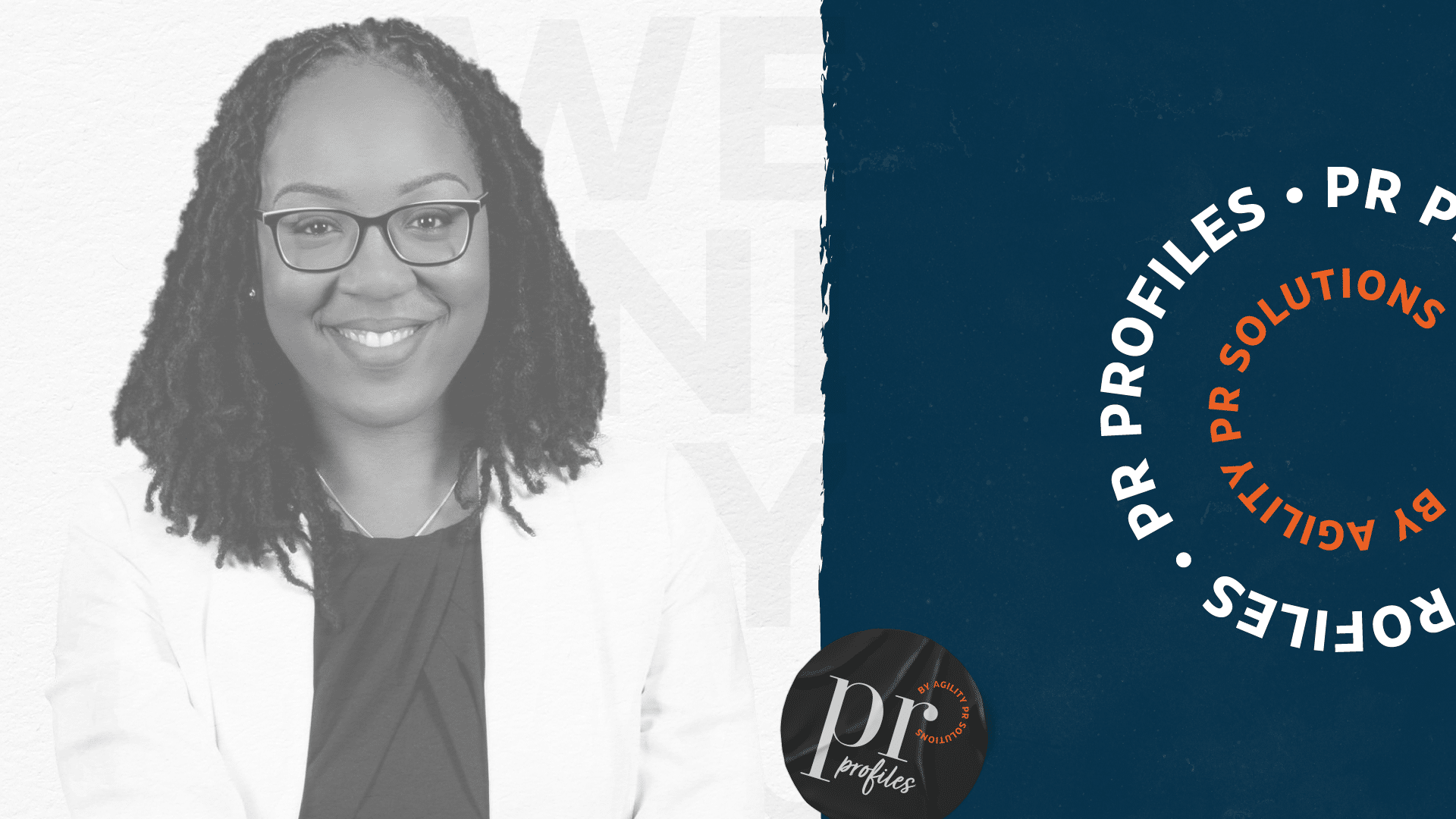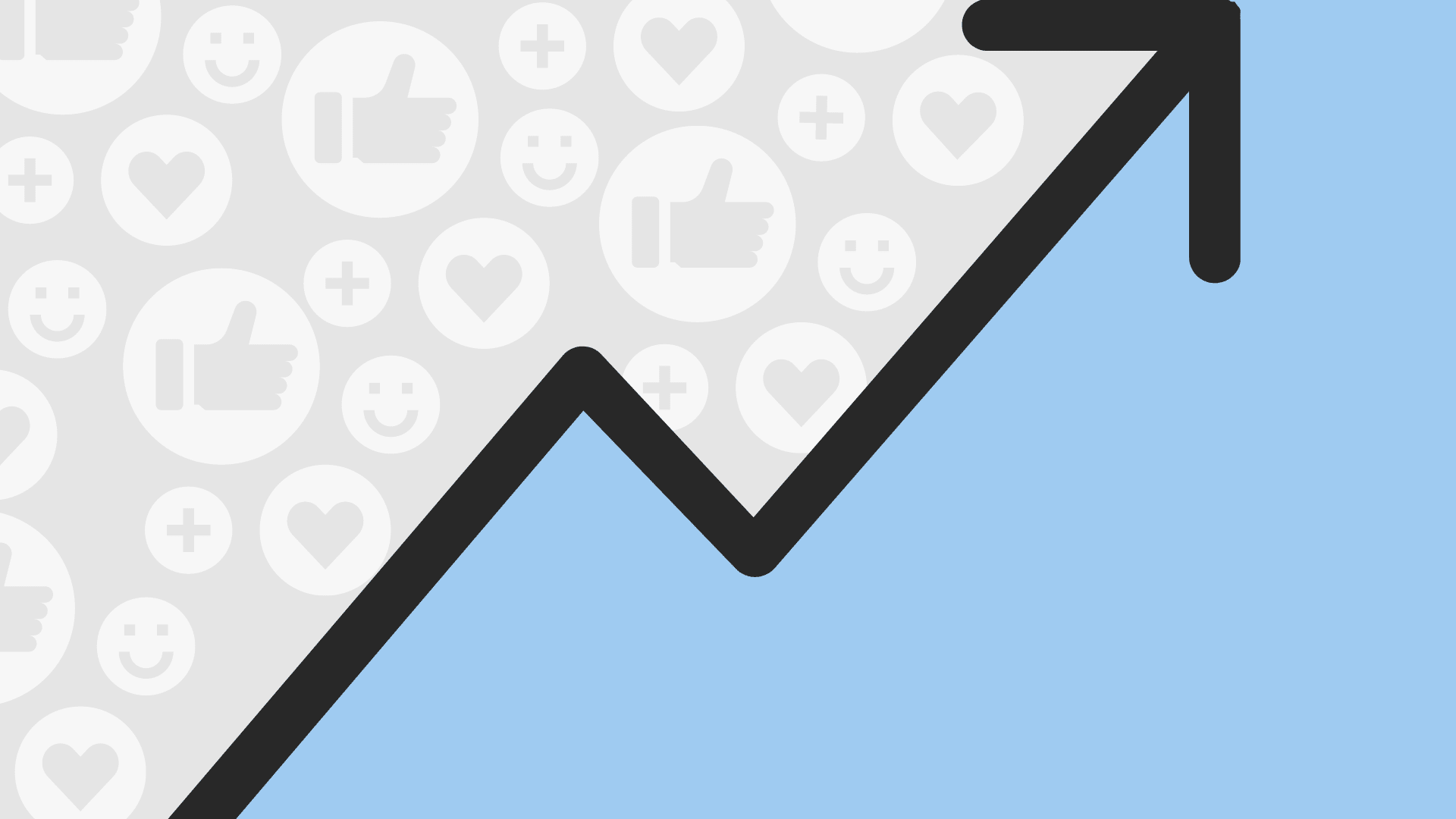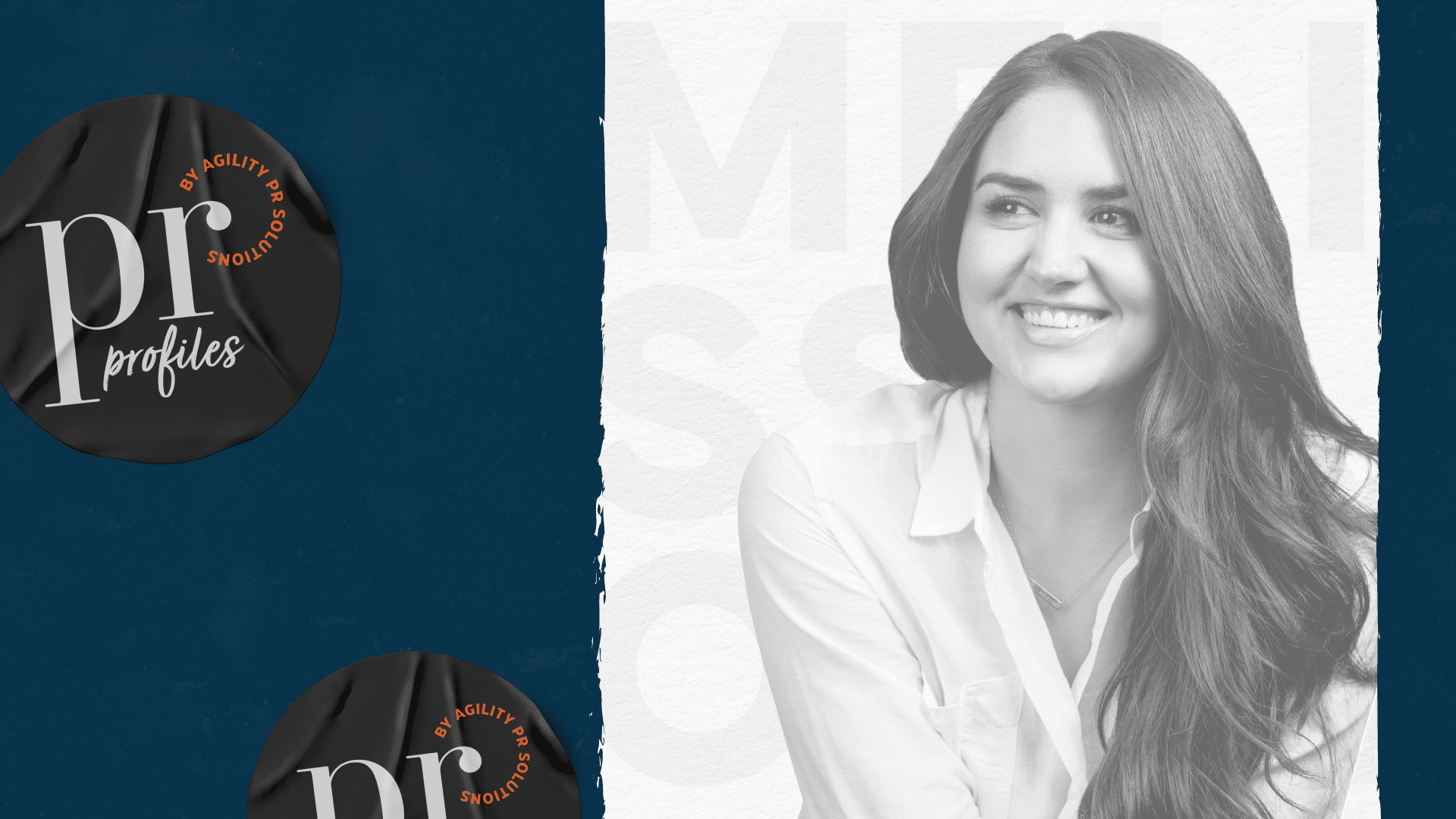Social listening is the process of using software to scan social media platforms for mentions of your brand and/or product, competitors, and industry using keywords, hashtags, or handles.
One of the primary goals of social listening is to find and analyze mentions that are from your customers (present and prospective) and key stakeholders. Social listening can yield significant insights for your business’s success. Such insights could include the opinions of customers, industry influencers, and the general sentiment about a particular product, policy, topic, company, campaign, or event.
Social listening has quickly become an essential tool for PR professionals and businesses looking to develop intuitive campaigns that are based on data derived from genuine thoughts, feelings, values, opinions, and sentiment of customers and other stakeholders.
Keep reading to learn 10 reasons why you should be using a social listening tool… or skip right to our social listening webinar and social listening guide.
1. Gathering customer insights
With billions of conversations occurring daily online, professionals should be looking to gain valuable insights into customers’ needs, preferences, and opinions. This information can be used to improve products, services, and customer experiences.
Research has shown that consumers will post after both positive and negative experiences. While compliments are nice and knowing what you’re doing well should encourage you to keep doing those sorts of things, knowing what people don’t like about your brand has its benefits too. Criticism and complaints aren’t fun to read, but they are important when it comes to pivoting your approach, addressing pain points, and improving your customer service.
2. Focusing your efforts
Having a presence on every possible social platform may initially seem like the appropriate method to reach more of your target audience. However, depending on your resources, having a quality presence on a few platforms will lead to stronger and more consistent branding than strained efforts across many platforms. Especially because your target audience is likely more engaged on one or two social channels.
Comparing platform engagement using social listening tools can help you effectively focus your time and attention.
3. Informing PR strategy
Newsjacking refers to inserting your brand or client into a news story by offering a new angle or expert commentary. It is an effective and proven way to generate coverage. Tools with specific keyword searches set up will identify opportunities so that you can jump on them quickly.
Social listening will also provide insight into what type of content resonates best with your audience. This allows you to ensure your narrative is properly positioned and that the underlying values of your campaign are aligned with stakeholder’s wants and needs.
4. Responding to comments
To build a following on social, posting consistently is important, but so is engaging with your online community. Social listening will help you find content that is topically relevant or relatable to your audience so that you can proactively start or join the conversation.
Featured on our blog, “Social media comments guide: How to respond to Instagram comments” by Natasha Merchant, unveils the benefits of replying to comments on Instagram (although these tips remain true for any social media where you can best connect with your audience).
Here are some reasons from her article on why you should pay attention to your online community and boost your engagement.
- It’s good for business. Responding to Instagram comments shows that you appreciate your followers, who may turn out to be your future customers. When people visit your Instagram page and see that you respond to followers’ comments, it shows you’re active on the app. This comes in handy when they have a customer service issue or a question.
- It shapes your brand’s reputation. Replying to Instagram comments helps you make connections with your audience, which ultimately builds your brand reputation. If you ignore comments on your Instagram posts, you’ll open doors to rumors about your brand.
- Increase customer loyalty. When you respond to comments, it shows you’re reliable, which in turn reassures your customers. And if your customers are satisfied with how you respond to their issues, they’re more likely to refer your brand to friends, family or colleagues.
- Identify gaps and issues with your products or services. Monitoring and responding to Instagram comments helps you know what your customers think about your products or services. Moreover, it enables you to measure customer sentiment and track conversions.
5. Identifying influencers
Want to tap into a new audience? Grow a larger audience on a specific platform? You could benefit from partnering with social media influencers or brand ambassadors. You’ll need social listening to discover social media users who may already be loyal to your brand and have a following of engaged fans ready to connect with your brand.
It may also help you determine who not to work with—if a potential influencer is your competitor’s biggest fan, going to them for a partnership would probably not be the best idea.
Learn more about effectively working with influencers in our guide, Influencer Programs: How to Harness the Power of Influencer Marketing for Your Brand.
6. Identifying and analyzing competition
Social listening also provides PR professionals and businesses with a better understanding of their competitors’ strategies and activities. This can help them stay ahead of the competition by staying informed about their strengths and weaknesses.
This is one of the great benefits of media monitoring too, but with social listening you’ll be able to see what people and companies in your industry are sharing, what your competitors are posting, and what their customers (who could be your customers) are saying about them. The pros of this real-time view into the industry are plentiful, such as:
- Learning from your competitors’ mistakes
- Finding gaps in your competitors’ offerings
- Noting competition’s pain points
- Overall industry sentiment awareness
- Addressing possible shifts in industry priorities
7. Crisis detection
By monitoring online discussions, PR professionals and businesses can detect potential issues. This allows them to proactively address concerns and prevent crises from escalating.
How can social listening do this? By tracking overall sentiment per platform in real time, indicators like high engagement and increased negative sentiment, should have you looking into posts, campaigns, etc., to identify your issue.
A quick but thoughtful apology curbs further negative engagement. So, get on top of the crisis before a spark turns into a wildfire.
We think proper crisis preparation is essential, and we have plenty of free resources available to help you perfect your crisis planning. Start today:
- Stop, Drop, and Monitor: A Guide to Effectively Using Media Monitoring During a Crisis
- How to Hear a Crisis Coming: 5 Steps for Setting Up Your Media Monitoring Tool for Successful Crisis Detection
- The PR Pro’s Essential Crisis Communications Prep Guide & Workbook
8. Reputation management
Social listening helps PR professionals and businesses stay ahead of negative comments, complaints, and feedback by monitoring their online reputation. While it may not be a full-fledged crisis, negative issues will arise. Responding quickly to defend your company, set the record straight, or ensure that the public has access to all details of an issue, are all significant to effectively preventing damage to your brand image.
9. User-generated content
Social listening provides valuable insights into the topics that are relevant and of interest to customers. This information can be used to create more engaging and effective content, increasing the reach and impact of PR campaigns.
If your brand is worth talking about, there’s a good chance people are. In fact, the State of User-generated content 2022 report from TINT found that 64% of consumers surveyed have tagged a brand or used a hashtag. Although it seems at times that social media is filled with complaints and frustrations, the same report found that 69% of consumers are likely to post on social after having a positive experience with a brand.
Social listening will help you find positive UGC which you can then fold into your social strategy.
According to Agility blog post, “What types of content perform best on social media?” by Hanson Cheng some benefits of UGC are that it produces relatable content which leads customers to feeling as though a brand is more authentic, increasing trust, buying decisions, brand desire, and brand loyalty.
One of the biggest benefits of UGC is that it drives engagement. It also helps you tap into your followers’ networks and increase your follower base.
UGC is particularly effective on social media platforms that focus more on visual content like photos and video. So, give your audience an opportunity to be part of your social media marketing by encouraging them to share UGC—particularly content that features your product.
10. Quantifying social media efforts
Social listening discovers results from billions of online conversations related to your brand on major social media platforms like Instagram, Twitter, and TikTok.
It is a common struggle to display the value of social media to business experts who don’t always understand the significance that communications efforts have. Quantifying your success with data in executive-ready reports will back up your PR achievements.
Employing social listening
Social listening is a powerful tool for PR professionals and businesses. It allows them to stay ahead of negative comments, gain valuable insights into their customers and competitors, and respond to potential issues before they become major problems.
We’re sure you’re starting to see the many benefits of social listening and how they can positively impact you. We hope you agree that PR professionals and businesses should be turning to social listening tools to improve reputations, build stronger relationships with customers, and acquire intel that yields competitive advantages.
Want to chat with someone about Agility Social Listening? Book a demo today!


